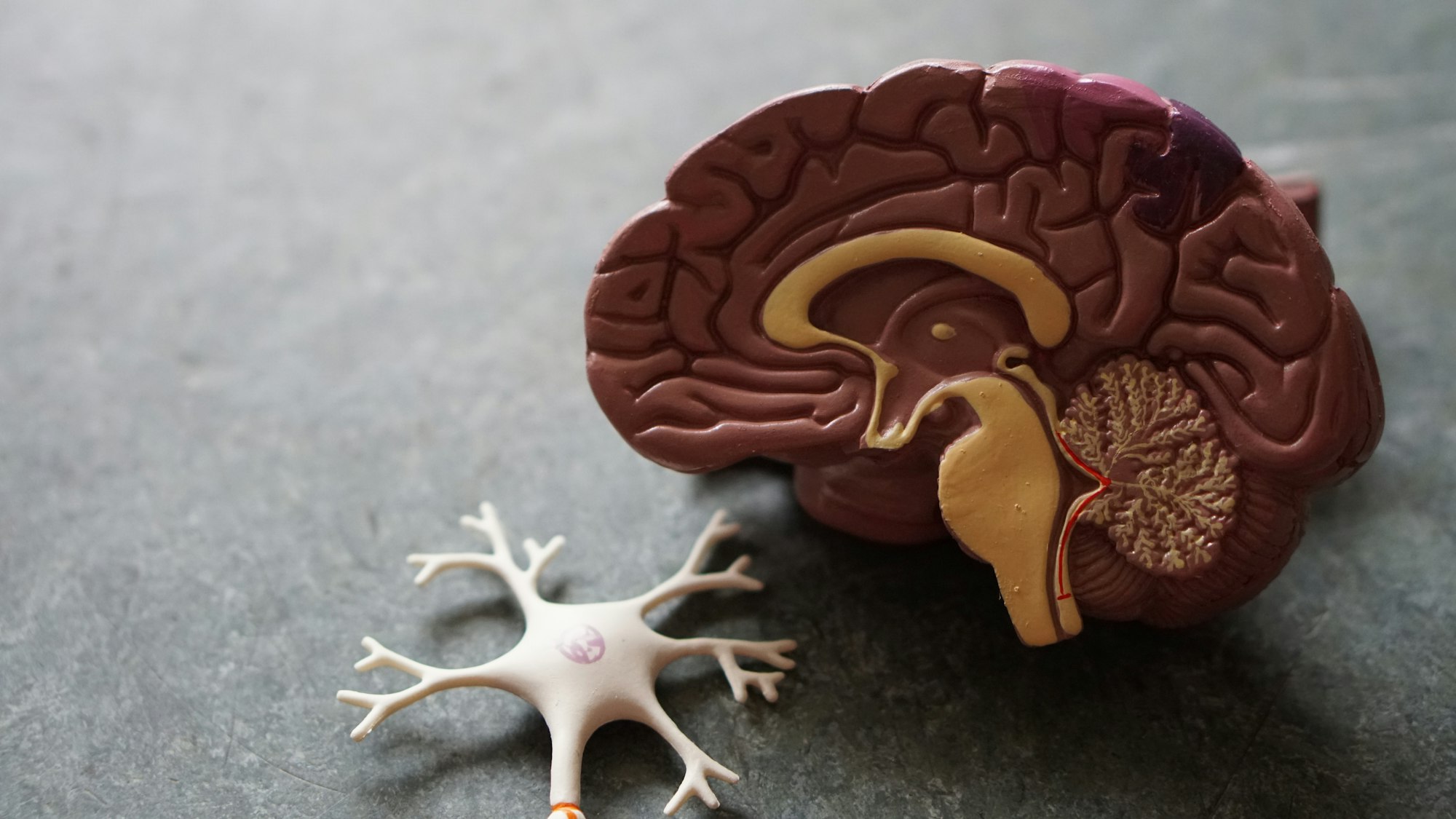Navigating the Middle Stages of Dementia: What to Anticipate
The middle stages of dementia can be difficult to navigate for both the person with dementia and their caretaker. Learn about the signs and symptoms to expect, such as memory loss, personality changes, and increased dependence, as well as strategies for managing caregiver stress.

The middle stages of dementia are often deemed the most challenging within the spectrum of this condition. During this phase:
Continued Memory Loss: The decline in memory continues its progression, exacerbating the challenges. Short-term memory weakens, making recollection of recent events or occurrences difficult. Repetitive questioning and recounting of stories become commonplace, often without the person's awareness of the memory loss.
Shifts in Personality: Substantial shifts in personality traits become evident. These shifts might include heightened emotional responses, confusion, and frustration.
Increased Dependence: There's a marked escalation in the need for assistance with daily tasks. This stage marks the onset of substantial reliance on caregivers for carrying out routine activities.
Total Assistance Requirement: Caregivers find themselves transitioning into the role of providing comprehensive support, as individuals with dementia increasingly require total assistance for their daily functioning.
These changes significantly elevate the challenges and stress for both caregivers and those afflicted by dementia. The specific signs and symptoms observed depend on the type of dementia in question.
Mental Transformations:
1.Memory Gaps: Gaps in memory widen further, accompanied by a decline in cognitive processes. Short-term memory continues to falter, making it challenging to recall recent occurrences.
2.Address and Contact Information: The individual might struggle to remember their current address, retrieve phone numbers, or recall where they worked or studied.
3.Temporal Disorientation: There's an increasing confusion regarding the time of year, day of the week, and even the year itself. The person might mistakenly believe they are living in a past era.
4.Selective Recognition: While the ability to identify familiar faces remains, the person's own name and those of immediate family members are still accessible.
5.Language Impediments: The person's language skills decline, with word-finding difficulties becoming more pronounced. If the person is bilingual, they might revert to their primary language, losing proficiency in the secondary one.
6.Sundowning: A phenomenon known as sundowning emerges, characterized by disrupted sleep patterns and heightened confusion as the day progresses, typically during late afternoon or early evening.
7.Delusions and Hallucinations: Periods of anxiousness, suspicion, and even paranoia can manifest. Visual or auditory hallucinations might occur, exacerbating confusion.
8.Loss of Inhibitions: Individuals may exhibit socially inappropriate behaviors, ranging from undressing in public to sexually inappropriate actions and comments.
9.Unusual Behaviors: Compulsive hoarding, rummaging through trash, stealing items, and other repetitive behaviors might develop.
Personality Alterations:
1.Significant Personality Changes: The middle stages witness pronounced shifts in personality. This can present considerable challenges for caregivers, including false accusations of theft or misplaced blame.
2.Suspicion and Paranoia: Growing suspicion, paranoia, argumentativeness, and accusations can arise, causing interpersonal friction.
3.Restlessness and Agitation: The person may start to wander, becoming increasingly agitated and irritable. This restlessness can lead to physical or verbal outbursts if their needs aren't met.
4.Social Isolation: A tendency to withdraw from social interactions can develop, leading to heightened dependence on the caregiver.
Behavioral Challenges:
1.Wandering: Wandering becomes more common and poses safety concerns.
2.Sleep Disturbances: Insomnia, sundowning, and heightened confusion during the afternoon or evening hours can occur.
3.Physical and Verbal Outbursts: Outbursts of physical aggression or intense verbal expression might surface.
4.Paranoia and Hoarding: Paranoia, suspicion, hoarding, and hiding objects can become noticeable.
5.Increased Disorientation: Disorientation further escalates, making daily tasks progressively harder to manage.
Functional Changes:
1.Greater Dependence: Assistance with dressing, bathing, and eating becomes more crucial.
2.Toileting Assistance: Full assistance with toileting is necessary due to bowel and bladder incontinence.
3.Wandering and Lost: Wandering tendencies increase, heightening the risk of getting lost.
4.Altered Sleep Patterns: Erratic sleep schedules and short attention spans can affect appetite, requiring high-calorie finger foods and beverages.
5.Decreased Self-Sufficiency: Individuals lose the ability to manage their personal responsibilities.
Caregiver Support:
1.Self-Care Priority: Caregivers must prioritize self-care during this demanding phase to manage stress effectively.
2.Mirroring Communication: Align communication with the individual's capabilities. Respond using one or two words if they do the same.
3.Structured Routine: Establish a consistent routine, minimizing distractions and creating a calm environment to mitigate increased confusion.
4.Toileting Schedule: Implement a regular toileting schedule, aiming to manage incontinence.
5.Soothing Techniques: Leverage touch and music to foster calmness and comfort.
6.Nutrition Management: Managing weight becomes a challenge; consider offering finger foods and high-calorie beverages, as maintaining traditional meal times may be difficult.
Evidently, the middle stages of dementia are profoundly challenging for both individuals and caregivers alike. As this journey unfolds, seeking help from others becomes essential for family caregivers. Remember, you're not alone in this challenging experience.
Pros And Cons Of Feeding Tubes
You might also like this article:














